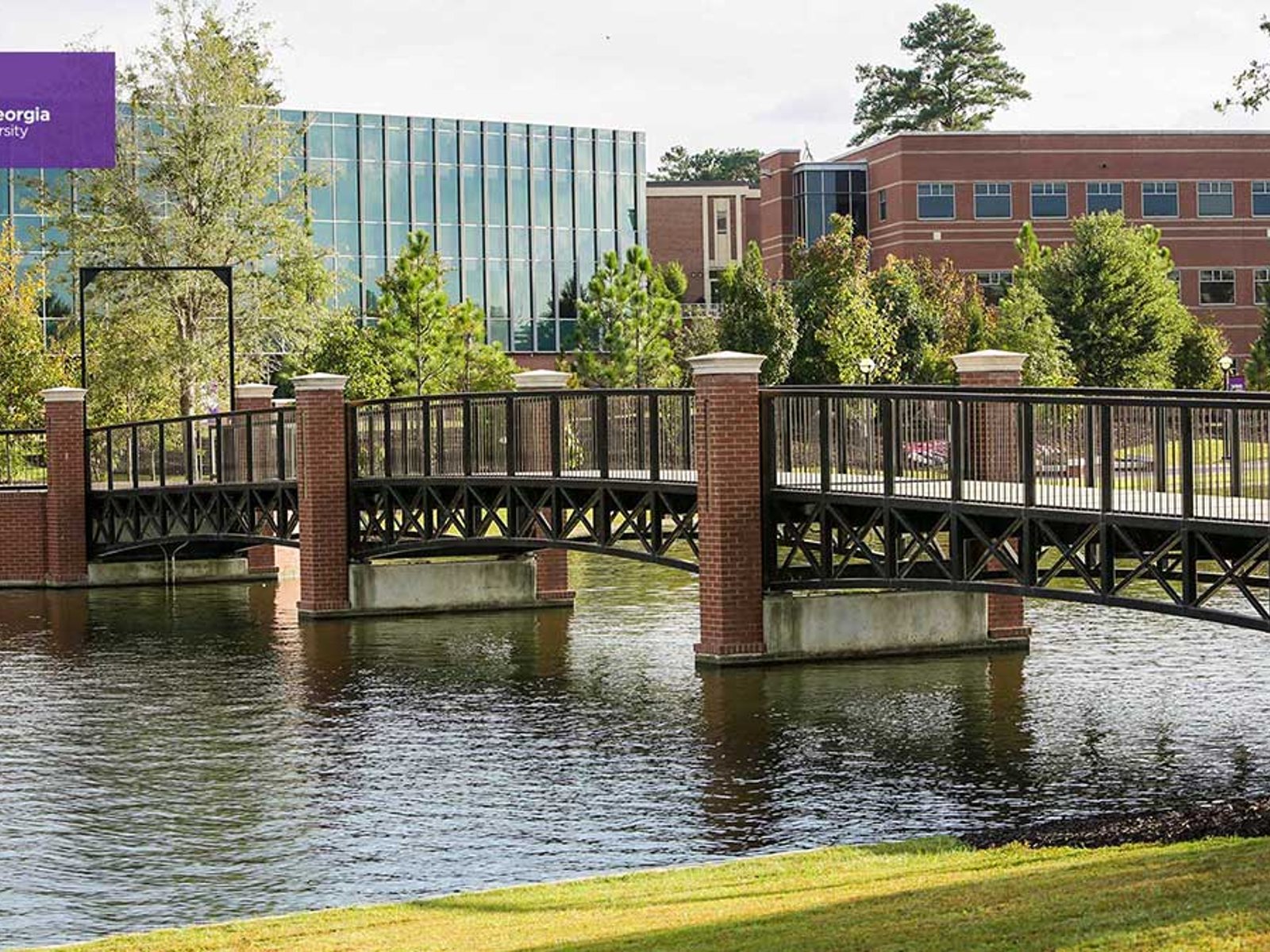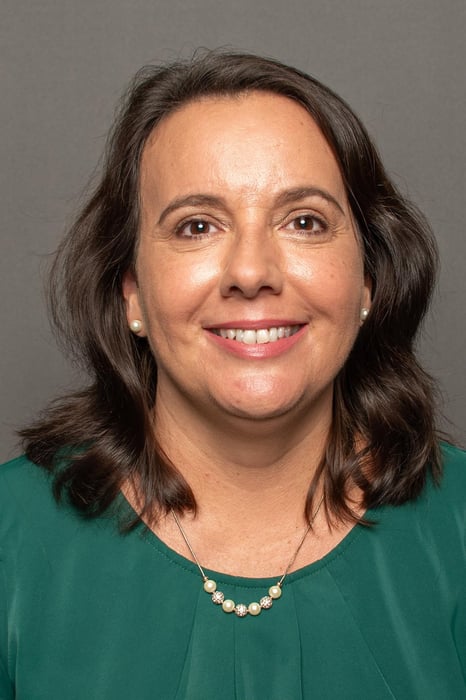This is a collaborative project across the following four diverse institutions: Winston-Salem State University, North Arkansas College, Middle Georgia State University, and St. Vincent College. This collaborative aims to increase innovation capacity at each institution by growing external and internal partnerships, establishing a more inclusive research/innovation ecosystem, and broadening the participation of a skilled, diverse workforce as part of the research enterprise nationally.
The SUPER (Strategic University Practices to Expand Research) Partnerships Collaborative, made up of minority-serving Institutions (MSIs), predominantly undergraduate institutions (PUIs), and two-year institutions, will provide a unique opportunity for cohort institutions in terms of best practices in external partnerships building and STEM workforce development. Cohort institutions will work together to grow industry partnerships, improve alignment of program curricula with the need of industry partners, and enhance students’ educational experiences. The proposed capacity-building efforts will also provide significant innovation partnership opportunities among cohort members to allow future participation in an NSF Engine and other funding opportunities.
Through this EPIIC project, the SUPER (Strategic University Practices to Expand Research) partnerships cohort will build partnerships with industry experts and government agencies to find out what skills and knowledge are needed for STEM jobs in their fields. The cohort will use this information to modify and enhance educational experience for undergraduates with industry needs in mind, so students are prepared for jobs in STEM fields. The cohort institutions will build partnerships with educational institutions in the region, including high schools and two-year colleges.
The member institutions will also collaborate to build administrative capacity of the Office of Sponsored Programs in terms of identifying, submitting, and managing funded projects. Through cross-cohort knowledge sharing about capacity-building strategies, the cohort will create synergistic learning symposiums and share workforce education opportunities. Each academic institution in this diverse cohort, which includes an HBCU, a small liberal arts college, a 2-year community college, and a primarily undergraduate state university, has developed an individualized plan to implement this process.
The cohort institutions will exchange information and work together to enhance each institution's capacity for building external partnerships. This process will position each institution in the cohort to further deepen engagement with industry partners and enhance their contributions to their regional innovation ecosystems. This award reflects NSF's statutory mission and has been deemed worthy of support through evaluation using the Foundation's intellectual merit and broader impacts review criteria.
Middle Georgia State University
Middle Georgia State University (MGA) is using its EPIIC grant to expand external partnerships and align STEM education with regional workforce needs. Through the SUPER Partnerships Collaborative, MGA will enhance its research infrastructure, build industry relationships, and better prepare students for STEM careers through hands-on experiences and targeted workforce development. Faculty and staff are working with other cohort institutions to design programs that create pathways for undergraduates into key technology fields. These efforts position MGA to deepen its role in Georgia’s innovation ecosystem and secure future funding opportunities.
North Arkansas College
North Arkansas College will use its EPIIC funding to strengthen industry and educational partnerships in the region, with a focus on preparing students for STEM careers. As part of the SUPER Partnerships Collaborative, the college will work closely with local employers and other cohort institutions to align educational experiences with workforce demands. The project will also enhance North Arkansas College’s research capacity and support the development of inclusive innovation ecosystems. These efforts aim to create broader opportunities for students from rural and underserved communities.
Saint Vincent College
Saint Vincent College will leverage its EPIIC award to strengthen ties with regional industries and build internal capacity for external funding and research partnerships. By surveying local corporate partners and internal stakeholders, the college aims to identify barriers and opportunities to grow its innovation footprint. Saint Vincent plans to develop microcredential programs and workforce initiatives targeted at emerging STEM fields, such as quantum computing. These efforts will help expand student opportunities and support regional economic development.
Winston-Salem State University
Winston-Salem State University (WSSU), a leading HBCU, is spearheading the SUPER Partnerships Collaborative to enhance innovation capacity across the cohort. With EPIIC support, WSSU will grow external research partnerships, expand workforce development initiatives, and create more inclusive research ecosystems. The university’s leadership aims to position WSSU and its partners for participation in NSF Engines and other major national innovation efforts. This project highlights WSSU’s commitment to preparing a skilled and diverse STEM workforce.














